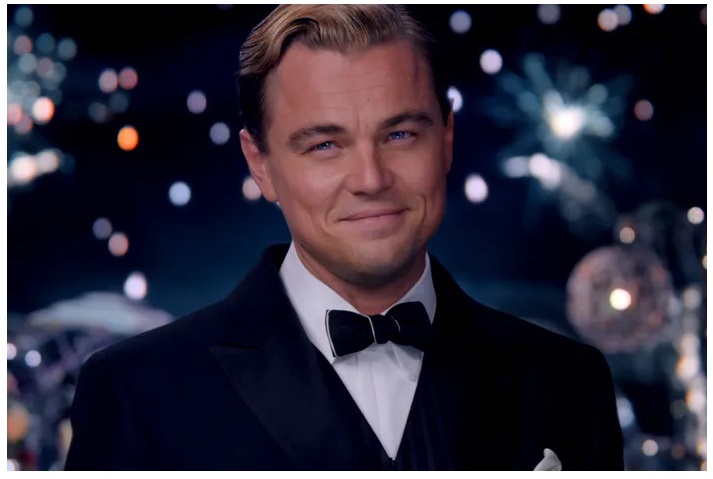Readers often confuse anti-heroes with villains and antagonists, but they are neither of them, but a fascinating main character resembling humans and specifically their flaws, and shortcomings.
Purpose of an Anti-Hero
Anti-heroes are great at appealing to the readers because people can relate and connect to them as they better illustrate the flaws of people compared to a traditional hero full of purely good qualities like bravery, courage, morality and a perfect being who everyone is not.
Anti-heroes are a flawed protagonist who lacks the traditional traits and qualities of a conventional hero, which makes them more human-like thus relatable and ultimately likable.
Related: 101 Character Traits Examples
Anti-Hero Definition-
An antihero is a protagonist, the main character, or sometimes the other notable character who lacks heroic traits or heroic qualities such as courage, confidence, moral goodness and altruism.
- Antiheroes are made of flaws, they are the character who often fails in achieving their goals.
- Their personalities contain both good and bad qualities and are also addressed as flawed heroes.
- Antiheroes often possess dark personality traits and underlying pathos.
- Ultimately, an antihero does the right thing but they may not guarantee their methods to be right or ideal.
Related: Static Character Examples
Anti-hero Characteristics (Traits)-
Typical anti-hero characteristics or traits include:
- Self-doubt
- Selfish
- Jealous
- Insecure
- Conflicted
- Rebel
- Unpredictable
- Dishonest
- Aggressive
- Weaknesses
- Flawed
- Lawless
- Obnoxious
- Remorseless
- Realist
- Quirky
Anti-Hero Examples in Literature-
#1 Jay Gatsby, in The Great Gatsby

In The Great Gatsby, a 1925 novel by F. Scott Fitzgerald, the title character and the protagonist of the novel, Jay Gatsby is a great example of an antihero in literature.
Gatsby is a wealthy young man who at first impression seems like a good person with an attractive and larger-than-life personality, but he achieved his success and wealth through illegal means.
Gatsby wants badly to get liked by everyone and so he is dishonest and a person who often lies to people. He grew up in poverty but showcases his fake identity of being born rich. He hides his real name, James Gatz, and his roots too. The only real thing in Gatsby’s life was his love for Daisy and to be a perfect lover he risks anything for her.
Related: Round Character Examples
#2 Severus Snape, in Harry Potter series.

In Harry Potter series books, J.K Rowling introduced us to an incredible antihero, Severus Snape.
Snape is the professor of Hogwarts, the half-blood-prince & wizard, the character who secretly protects the main character, Harry Potter, even though holding a dislike for him in his heart due to Harry’s resemblance to his father, James Potter, whom Snape hated badly.
Though Snape is complicated, enigmatic and a flawed person who never leaves any chance to bully or berate Harry and other students except the Slytherin (the house of pure blood), however, he was one of the best teachers at Hogwarts to learn the sheer wizardry.
Related: Dynamic Character Examples

15 More Anti-Hero Examples in Literature-
- Hamlet, in ”Hamlet” by William Shakespeare
- Alex, in ”A Clockwork Orange” by Anthony Burgess
- Tom Jones, in ”Tom Jones” by Henry Fielding
- Meursault, in ”The Stranger” by Albert Camus
- Othello, in ”Othello” by William Shakespeare
- Don Quixote, in ”Don Quixote” by Miguel de Cervantes
- Macbeth, in ”Macbeth” by William Shakespeare
- Guy Montag, in ”Fahrenheit 451” by Ray Bradbury
- Winston Smith, in ”1984” by George Orwell
- Holden Caulfield, in ”The Catcher in the Rye” by J.D Salinger
- Edward Rochester, in ”Jane Eyre” Charlotte Bronte
- Scarlett O’Hara, in ”Gone with the wind” by Margaret Mitchell
- Robin Hood, in the ”Merry Adventure of Robin Hood” by Howard Pyle
- Emma Bovary, in ”Madame Bovary” by Gustave Flaubert
- Bilbo Bagging, in ”The Hobbit” by J. R. R. Tolkien
Watch the below Video by TED-Ed to understand an anti-hero better.


